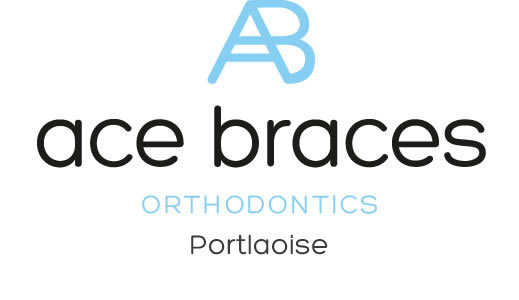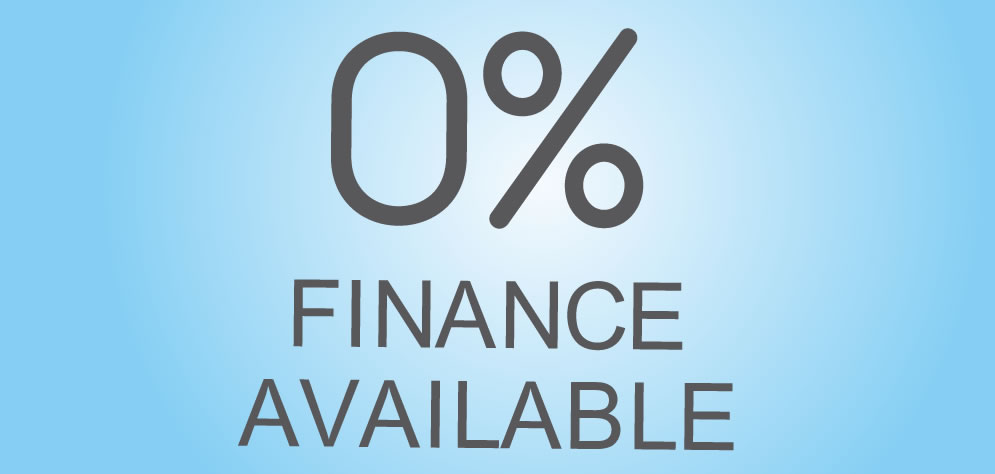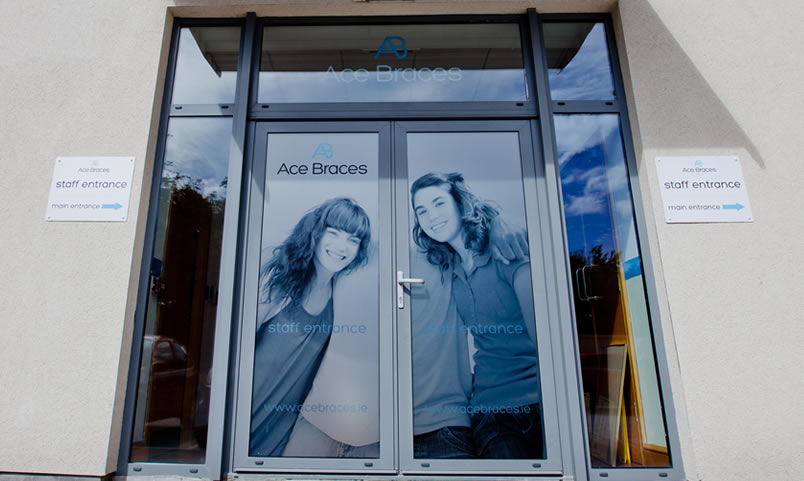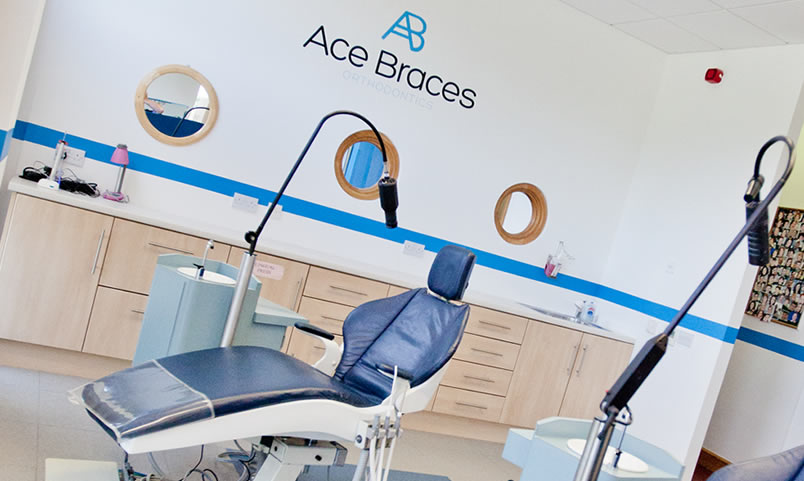

Best Specialist Practice 2014

Practice of the Year - Leinster 2013
Oral Surgery
Dr Murnane attends at Ace braces
 Dr Dermot Murnane Specialist Oral Surgeon B.A.B.Dent. Sc, M.Dent.Ch F.D.S.FFD, (Oral Surgery) RCSI will attend here once a week providing oral surgical services with sedation including removal of wisdom teeth, exposure or extraction of teeth esp for children and nervous patients.
Dr Dermot Murnane Specialist Oral Surgeon B.A.B.Dent. Sc, M.Dent.Ch F.D.S.FFD, (Oral Surgery) RCSI will attend here once a week providing oral surgical services with sedation including removal of wisdom teeth, exposure or extraction of teeth esp for children and nervous patients.
Oral Surgery Information Pack - Welcome
You may attend and have your consultation and treatment on the same day or if you prefer you may have separate visits for consultation and treatment. Please bring someone with you if you are considering sedationArrival at the clinic
When you arrive at the clinic you will be asked to fill out a medical questionnaire which will ask details of past and present medical conditions, current medication and allergies to medication. The reception staff will open a clinic chart for you and take details of any private health cover you may have. They will contact your insurance company to confirm that you are covered for your procedure.Finances
The reception staff will take payment before treatment.
If you have private health insurance
Consultation - €150
Sedation - €80
X Ray - €40 (if your dentist has taken x rays please bring them with you)If you do not have private health insurance
If you are paying for your own treatment you will be quoted before treatment is completed. Fees depend on the treatment required and the difficulty of the procedure.
Removal of retained root of a tooth or roots of teeth - €350 (sedation €80)
Removal of one lower wisdom tooth +- one upper wisdom tooth - €400 (sedation €80)
Removal of all four wisdom teeth - €500
Biopsy - €250
Frenectomy - €350
X rays - €40 (if your dentist has already taken x rays please bring them with you)
All above fees include consultation fees. Prices are correct at 07/10/14-
Insurance
Vhi, Quinn, Aviva, ESB medical provident, St Paul's Garda medical aid will cover the cost of your extraction. They will pay Dr Murnane directly. You will be asked to fill an insurance form.
Private insurance will not cover the cost of your consultation, sedation or x - rays. If you have been a member of an insurance company, for 6 months you will normally be covered.
Prison officers pay for treatment directly on the day and may claim a refund from there insurance scheme. -
Tax relief All fees are allowable against tax. A "Med 2" form and receipt will be provided.
-
Consultation
Once you are registered you will then meet Dr Murnane. He will review your medical history to ensure that treatment is safe for you. He will discuss the problem that you have attended with, examine your mouth and review your x rays.
Dr Murnane will then discuss the treatment you require, the expected side effects and how you should care for your mouth after treatment.
If you wish treatment will then be completed. -
Treatment
Most treatments are relatively simple and straightforward. The removal of one lower wisdom tooth or any other tooth will typically take about 10 minutes. The removal of all 4 wisdom teeth approximately 20 minutes. -
Sedation
Many people are anxious about dental treatment especially the removal of teeth. Sedation, also known as twilight anaesthesia is an injection in your arm. You will initially feel very relaxed and happy then you will drift off to sleep. Treatment will then be carried out. When you wake up the treatment will have been completed.
Sedation is safer than general anaesthetic. The recovery is much quicker and with less side effects.
You will be given local anaesthetic ( a dental injection) while you are sedated and you will have a numb feeling in your mouth for several hours.
You will be brought to a rest room after treatment where you will remain while the effects of sedation wear off. This usually take about 40 minutes. Once you feel well, any dizzy feelings have left, you can stand unaided and you have a responsible adult to drive you home you may leave. -
Local anaesthetic
All treatments may be carried out while you are awake with dental injections to numb your mouth. There is no pain, it is a little uncomfortable but no more than that.
If you have treatment under local anaesthetic you may attend and drive home by yourself, how ever we do recommend that you bring some one to drive you home for safety and comfort.
Possible complications after surgery
There are 2 main problems people have after treatment:
Pain
Pain is to be expected after treatment and for several days. The degree of pain will depend on the degree of difficulty of the procedure and on the individual. Some individuals are more susceptible to pain than others.
You will be given painkillers before treatment has started and advised to continue with painkillers for several days. For most people they will take whatever painkillers they have at home. You will also be given a prescription for stronger painkillers should you require stronger pain relief.
Bleeding
Some bleeding is to be expected after any treatment. Bleeding is normal after an extraction and you should not worry about it. You will be advised to go home after treatment and sit down and rest until the numb feeling has left your face ( do not lie down as this will make it more likely you will bleed.). Do not eat, or drink hot fluid until the numb feeling has left your face. You can drink cold fluid in small sips.
The numb feeling will take about 3 hours to go. Once the numb feeling has left you can resume normal activity and eat and drink as normal. However you should keep physical activity to a minimum, eat soft food and avoid the area of the mouth where work was carried out.
If bleeding does occur, do not panic. It will look worse than it is as all the water in your mouth will turn red and it will appear that your mouth is full of blood. If you panic your blood pressure will rise and you will have more bleeding.
You should sit down and relax, roll a piece of tissue or cotton into a small ball and put it on the area which is bleeding and apply firm but gentle pressure for 10 minutes. This will stop any bleeding you may have.
The following day
You can expect some pain as discussed above. Many people will have some swelling on their face, some may even go black and blue. This is normal and expected bruising and will take up to a week to resolve.
You will need to keep you mouth clean for the following days. Brush your teeth as best as you are able. This will not be sufficient though. You will also need to rinse your mouth after with warn salty water water (water from a kettle with a teaspoon of table salt added) after every meal for one week. You should also rinse your mouth with CORSODYL mouth wash morning and night for a week. -
Antibiotics
You may need an antibiotiic and one will be prescribed if you do need one. -
Stitches
Stitches will dissolve. Once pain and swelling has resolved simply brush your stitches with a toothbrush and they will dissolve. -
The Hole
There will be a hole left behind after a tooth has been removed.
Food will pack in this hole and if not removed will rot and may cause infection. Keep the hole clean with hot salty water rinses and corsodyl mouthwash for the first week to ten days. You may then clean your mouth with a tooth brush until the hole closes naturally. This will take up to 4 weeks. -
Time off Work
Most people will need several days off work after treatment and a sick note will be provided. -
Wisdom Teeth
Wisdom teeth are the last teeth to erupt into your mouth. There is usually not enough room for the tooth in your mouth. It will attempt to erupt but it well get stuck half way up as it has run out of space. It is then said to be impacted.
The tooth will be difficult to clean. Food gets stuck between the tooth and surrounding gum and this will cause infection, resulting in pain and swelling. Food can also cause decay in the wisdom tooth or the tooth in front. Food can also cause gum disease in the area.
If a tooth is causing problems the only solution is to remove it. The removal of a wisdom tooth usually takes about 8 minutes. If you are awake it will feel as if you are having a filling. It is not a painful procedure. It will however usual cause a degree of pain and swelling for about one week. -
NUMB LIP, CHIN, TONGUE and CHEEK
There is one possible complication to the removal of a lower wisdom tooth which you must be aware of before agreeing to the removal of a lower wisdom tooth.
There is a nerve which runs through your lower jaw. This nerve give you feeling in your lower lip, cheek and half of your tongue.
This nerve is below and close to all wisdom teeth. For one person in 200 ( 1:200 ) the nerve will touch the wisdom tooth. When the tooth is removed there will be some bruising left on the nerve. This results in a numb feeling/ pins and needles / tingling in your lower lip and chin. Possible also in your cheek or tongue but this is rare. The numb feeling will usually last for 3 to 6 MONTHS. Most people will find that the feeling has returned to normal after 6 months. On rare occasions the numb feeling may last up to 18 months before resolving. Any numb feeling which remains after 18 months is likely to be permanent.
It is not possible to predict who will have a numb lip or tongue after a wisdom tooth is removed. An x ray is not detailed enough to provide this information. Every one who has a wisdom tooth removed must be warned of this recognised risk before treatment is carried out. The risk is small and most damaged nerves recover fully within 6 months. Permanent numbness does occur but is very rare. Review Appointments
Most people will not require a review appointment. If you keep your mouth clean and follow the care instructions you have been given you will have recovered in 7 to 10 days. If you do require a review appointment one will be organised. If you feel you need to see Dr Murnane after your treatment has been completed please contact the clinic and an appointment will be offered.






